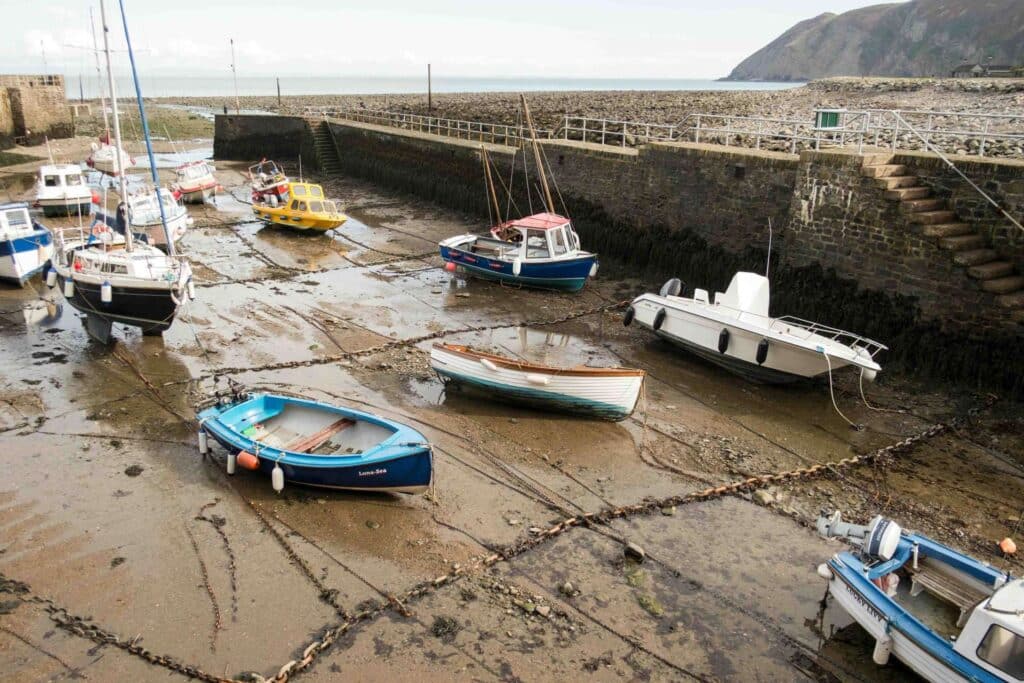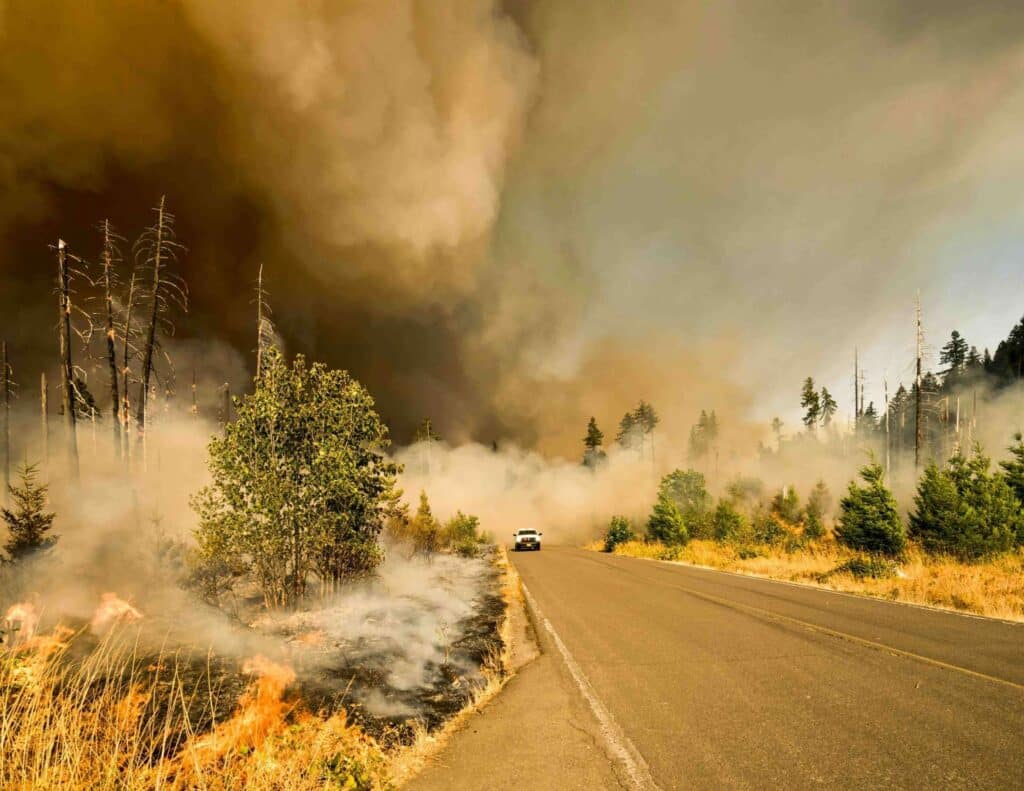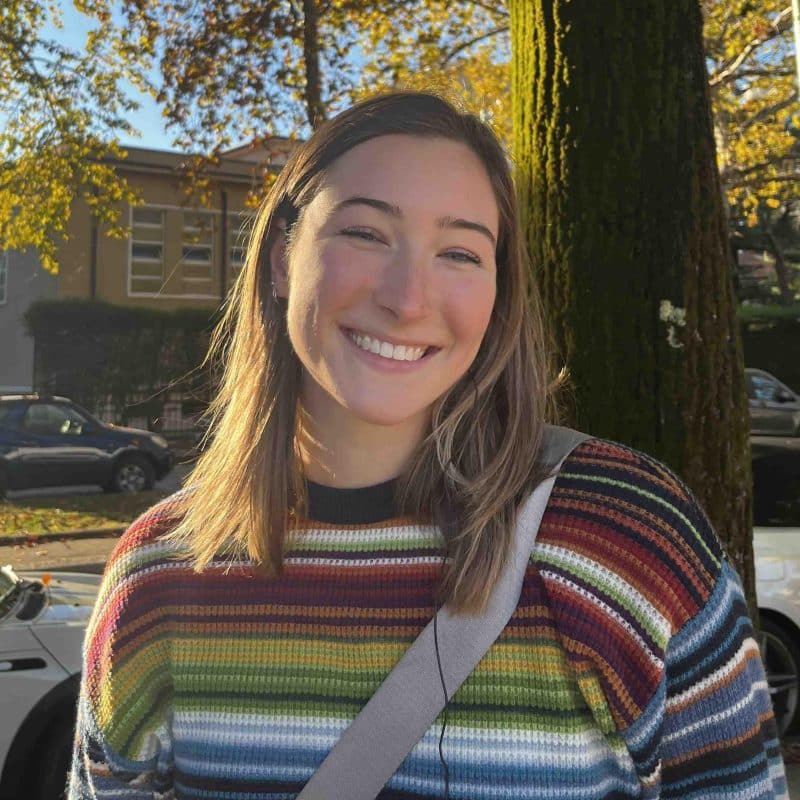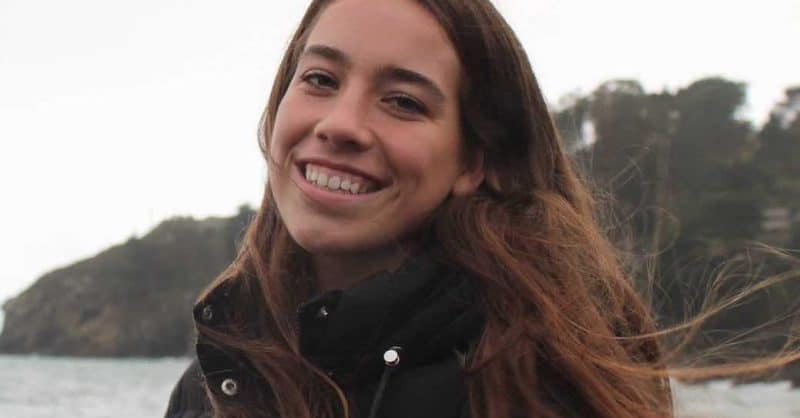In the last quarter of 2019, our blog series focused on why our businesses should focus on Sustainability as part of everyday practices. We outlined the five components of the B Corp model (Governance, Workers, Community, Environment, Customers), detailed the ROI of having a purpose, and described how our decisions impact our local communities.
With those basics established, how do you transition to a focus on Sustainability and make it all work to benefit your business and your community? The answer is that you need to live your values. And you need to live your values every day.
In 1987, Paul O’Neill, the former Secretary of the United States Treasury, became the CEO of Alcoa (a company that makes aluminum). He was brought in to address leadership and profitability challenges. In his first meeting with shareholders, he told them his primary focus was to improve worker safety and that he wanted to bring workplace accidents effectively to zero. The audience had expected him to talk about improving quality and improving profitability, and many of the shareholders left the room as quickly as possible to sell their shares of Alcoa. They thought Paul O’Neill was crazy and that Alcoa was doomed. Those who sold their stocks that day would be sorely disappointed because one year later Alcoa achieved record profits and by 2000 O’Neill increased annual net income by 5 times.
Paul O’Neill accomplished these results by focusing on worker safety and changing the company culture. He set clear targets for what he expected – again, that no employee should be injured on the job – and rigorously held managers accountable any time someone was injured on the job. In other words, Paul O’Neill made worker safety the number one value at Alcoa and made sure that everyone at Alcoa lived safely every day. That value became so ingrained in the workforce that employees were known to intervene when they encountered potential safety concerns at worksites that were completely unrelated to their jobs and had nothing to do with Alcoa.
By establishing a specific value, Paul O’Neill and Alcoa took the guesswork out of decisions making. If a new product in our process had the potential to jeopardize work safety, then they didn’t pursue it. Or they spent time figuring out how to produce the product or conduct the process in a way that mitigated – completely avoided, not just minimized – any potential risk to worker safety. Knowing that worker safety was the top priority eliminated the need to weigh the risks and make difficult decisions.
Translating this story to Sustainability, businesses that want to maximize their impact need to ensure that Sustainability is a consideration in every decision that gets made, no matter how big or small. Every decision, every process, and every employee needs to evolve and align with the values that your business has defined. And any time something happens where impacts to your values were not considered or incorporated, the occurrence needs to be highlighted for everyone to understand and learn from so that better decisions can be made and better results can be achieved in the future. Ingraining the mindset into every aspect of the business then simplifies who work gets done and accelerates decision-making because everyone knows how to evaluate choices.
We need to ensure that we live those values every day. If we live the values only when it is convenient, expedient, or beneficial then we no longer have values and just have a loose set of seemingly good ideas that are quickly ignored.
If we are going to achieve the targets that scientists have outlined for averting the most catastrophic effects of climate change, we need to change our values and priorities quickly and ensure that everything we do considers the impacts to our environment and local communities. And we need to think about our values every single day and as part of everything we do.
Why do we need to think about and adhere to our values every day? Consider personal and business relationships. Those relationships become increasingly difficult to maintain if we choose to tell the truth or treat people well only when it is convenient for us. Maintaining good relationships means doing the right thing all the time. Similarly, Paul O’Neill didn’t decide that worker safety was important only when it was easy to make a change or didn’t cost anything. He decided that worker safety was the most important thing Alcoa did, period. Small deviations from our values can lead to bring problems later.
Sustaining our environment and our current way of life is no different. As individuals and businesses, we need to ensure that we are vigilant about Sustainability at all times. If we don’t, we will be looking at massive disruptions to resource availability, supply chains, and our general ability to conduct business. We will be looking at massive disruptions to every aspect of our current way of life.
This means that we all need to change our behaviors, that we need to change our habits. All change is about doing things differently on a repeated and consistent basis. The only difference between this change and any other type of change that we have encountered as individuals or businesses is that this time our lives depend on it.
Overwhelmed? We’ve got this. For the good.
Note: The details about Paul O’Neill and Alcoa are borrowed from The Power of Habit: Why We Do What We Do in Life and Business written by Charles Duhigg. You can find the book at Auntie’s Bookstore or at any independently owned bookstore or library near you.



